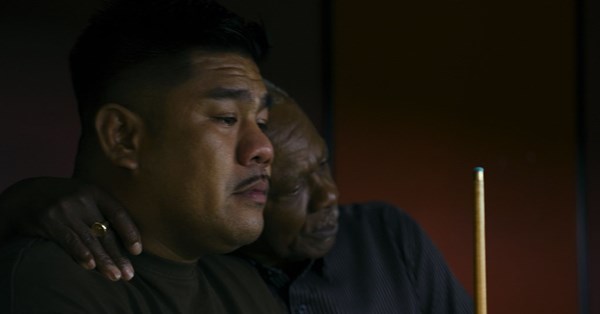WITH regard to Love and Loss: The pandemic five years on (BBC1, 24 March), this seems like a remarkable amount of time to have passed since those difficult and dark days of the lockdowns (Leader comment, 28 March); but is that perception partly because we were in such a rush to get back to normal? Are we in danger of forgetting what really happened? This programme is an attempt to explore these questions.
Human stories are starkly cut with news reports from the time, which serve to illustrate how trifling the pandemic was dangerously regarded as in its early stages, and the confusing guidance that prevailed latterly. Several abiding issues stand out from the chaos: the scant attention given to care homes; the psychological impact of isolation on people; home schooling, which broke every parent in Britain; the pain of not being with relatives at the end; and the dreadful guilt that this engendered.
No wonder so many of us have pushed it to the back of our minds since, in a coping strategy that was not available at the time. As one of the bereaved relatives says, “Losing someone during lockdown meant staring grief in the face. There’s nothing to do, nothing to distract you: just you and the grief.”
Nearly 227,000 people died of the virus, and this is a reminder that behind that stark statistic there are colourful, diverse, much-loved, fully human people. Love and Loss is a worthy attempt to honour some of their stories. I would also like to see a broader exploration and naming of the full extent of the loss experienced by everyone during the pandemic, particularly children and young people. The pandemic might seem forgotten, but its consequences are still very much with us.
In This City is Ours (BBC1, 23 March), the city is Liverpool, and the “Ours” refers to a drugs gang led by Ronnie Phelan, played by Sean Bean, a lone Yorkshireman in a thoroughly Scouse drama. James Nelson-Joyce is compelling as his second-in-command, Michael, who last appeared alongside Bean in Time, Jimmy McGovern’s harrowing prison drama.
This had me gripped from the first ten minutes, against my will, as drugs dramas are impossible for me to watch while remaining morally neutral — my instinct is to loathe everything these people stand for. I didn’t want to side with them, but, emotionally, that’s where the skilful writing takes you.
The characters are violent and corrupt, but also endearingly human. “No phones at the table, Ronnie,” the crime boss’s wife tells him. “We’re not Americans.” This is top drama, containing all you might require from a gangland tale: paranoia, competitive tension, and the inevitable rooting out of a rat, all set in one of our finest cities.

















